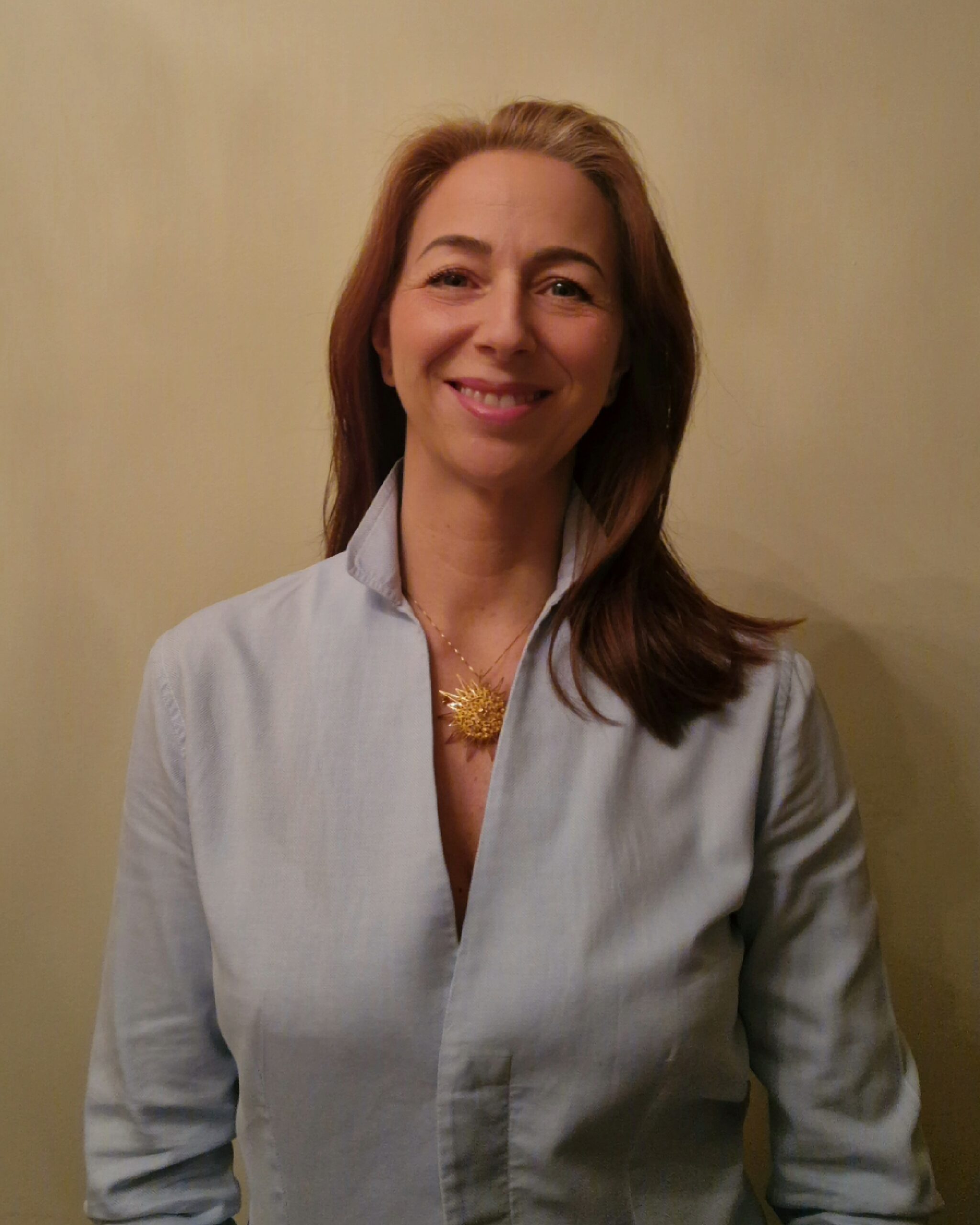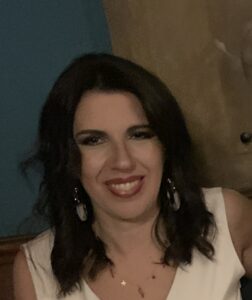Content
Treatments in conjunction with these medications to improve the health and well-being of individuals suffering from opioid addiction. Both methadone and buprenorphine activate tiny parts of nerve cells to control cravings, and they are effective and similar in safety and side effects. They may be used as maintenance treatments and, in some cases, to taper off opioid use.
Find the right drug or alcohol use treatment program by using the Treatment Availability Dashboard. Recently fentanyl, a drug that is 50 times more powerful than heroin, has been showing up in heroin, cocaine, pills marked as Xanax® and other drugs. Fentanyl was involved in over 80 percent of the overdose deaths in NYC in 2021. The coexistence of both a substance use disorder and a mental illness, known as co-occurring disorders, is common among people with Substance Use Disorders.
Medications, Counseling, and Related Conditions
The increased safety of buprenorphine has allowed it to become available by prescription as a Schedule III medication. A clear understanding of the safest and most effective combination of the 2 is imperative to successfully treat opioid addiction. The success of therapy for substance use disorder varies by patient and by severity of the disorder. Coexisting problems such as excessive alcohol use or underlying mental illness can complicate the recovery process.
Sign up for free, and stay up to date on research advancements, health tips and current health topics, like COVID-19, plus expertise on managing health. A high-dose (5 mg/0.5 mL; Zimhi) IM/SC injectable solution in a prefilled syringe was approved in October 2021. In pharmacokinetic studies, a single IM dose of 5 mg provided significantly higher peak plasma concentration and AUC compared with a single 2-mg IM injection. Naloxone is a specific opiate antagonist with no agonist or euphoriant properties. When administered intravenously or subcutaneously, it rapidly reverses the respiratory depression and sedation caused by heroin intoxication.
Improving Medications
We are expanding access to Medication Assisted Treatment , working to transform treatment into an on-demand service including biological, psychological and social evaluations, known as the Center for Addiction Medicine at Denver Health. A health care provider may give you a prescription opioid to reduce pain after you have had a major injury or surgery. You opioid addiction treatment may get them if you have severe pain from health conditions like cancer. Evidence-based approaches to treating opioid addiction include medications and combining medications with behavioral therapy. A recovery plan that includes medication for opioid addiction increases the chance of success. Opioid use disorder can be treated successfully with medications.
- Another medicine,buprenorphine, also relieves opioid cravings but without producing euphoria.
- Methadone is a highly regulated Schedule II medication, only available at specialized methadone maintenance clinics.
- Denver Health serves all persons seeking health care for a substance use disorder.
- They do not provide a cure for the disorder but are most effective for people who participate in a treatment program.
- Further, proper drug disposal is important because it helps protect human health and our environment.
- Research shows there is a higher rate of substance use disorder among patients with diagnoses such as depression and those who use other substances such as alcohol.
- Denver Health MyChart users can now have a virtual urgent care visit with one of our expert providers.

Mediatrice familiare, civile e commerciale, counselor, conduttrice gruppi di parola, formatrice,
laureata in Scienze per la pace: cooperazione internazionale e trasformazione dei conflitti presso
l’Università di Pisa. Da oltre dieci anni accompagno individui, coppie e famiglie in percorsi di
counseling e mediazione familiare con lo scopo di aiutarli ad affrontare e risolvere difficoltà
personali, relazionali o conflittualità.
Per dieci anni ho collaborato con un Centro Antiviolenza sostenendo donne vittime di
maltrattamento intrafamiliare e stalking nell’uscita dalla violenza. In questo ambito sono stata
docente in diversi contesti formativi rivolti ad operatori socio-sanitari e Forze dell’Ordine.
Sono docente in master per mediatori familiari e mi occupo di formazione in ambito aziendale.
Dal 2014 sono responsabile per la Lombardia del progetto Cominciamo da Piccoli di Fondazione
Paracelso che prevede l’affiancamento di una mediatrice alla famiglia fin dal momento della
diagnosi per sostenere i genitori di piccoli con emofilia aiutandoli ad affrontare, praticamente ed
emotivamente, tutti i bisogni che possono insorgere.
Dal 2018 collaboro con A.C.E. Associazione Coagulopatici ed Emofilici nell’ambito del progetto In
Ascolto a favore dei pazienti adolescenti, adulti e anziani dei Centro Emofilia del Policlinico di
Milano e dell’Humanitas di Rozzano (Mi) e dei loro familiari mettendo a loro disposizione uno
spazio di counseling e mediazione familiare.
Profondamente convinta che, come osserva Fritjof Capra, l’unica vera logica che governa
l’universo è quella cooperativa nella quale più io sto bene, più tu stai bene.
Contatti: e-mail sonja.riva@yahoo.it; telefono 335-8293773


